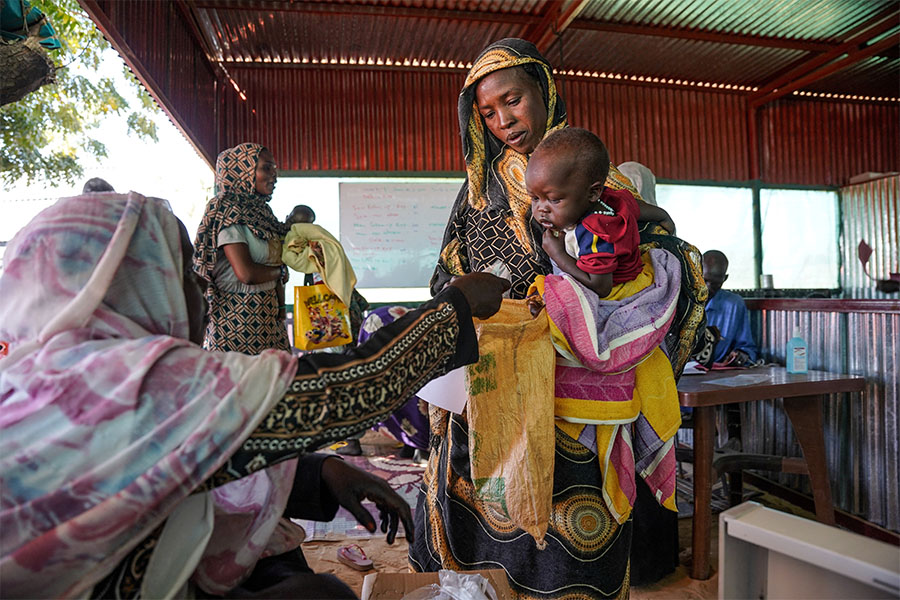My family and I received an exciting invitation to a naturalization ceremony from our local MP, Tracy Gray.
We became citizens in the vortex of the pandemic and never had the opportunity to celebrate with others, meet others, and sing “O Canada”; it all happened over Zoom in our kitchen.
To obtain citizenship, we had to read a book about Canadian history and culture and then take a test.
Canadian democracy and Canadian law have their roots in part in an event that occurred on June 15, 1215. Last week marked the anniversary of the signing of a charter by King John of England in a field at Runnymede, near London.
This event was the result of a bitter rebellion by forty landowners who protested against the king’s increasing tax demands, the way the royals treated the common people, and the deep corruption in the highest ranks of the monarchy.
This has driven people into poverty and deprivation. This moment in history was the beginning of a change. What was achieved on this day began the process that gave freedom to all.
The content of this famous document is consistent with the teachings of the Bible and is considered the foundation of democracy.
The Magna Carta Libertatum, Latin for “Great Charter of Liberties,” declared that not even monarchy and government were above the law and were accountable to God. This changed everything and laid the foundation for modern democracy.
It protected the common people from exploitation by the powerful. In another field, over 1100 years earlier, on a mountainside, Jesus delivered the Sermon on the Mount; I like to call it the Magna Carta of the Kingdom of God, which was to give us the freedom to live in the most fantastic ways possible. In this short but meaningful speech, Jesus outlines the foundations of how we can live as individuals and as a society.
His words are more than 1100 years older than the Magna Carta and have remained a cornerstone for countless lives and cultures, although many do not
Make it happen.
This address teaches us to be different, to be salt and light in the world, to embody what CS Lewis calls “little Christs,” and the way we live is contagious.
From this moment on, we can all live differently. Jesus speaks from this hill, calling us to put aside our anger, speak in love, and be faithful to our marriages and relationships.
Our language should be honest and trustworthy and we should respond with love and forgiveness rather than anger.
We are encouraged to turn the other cheek, go the extra mile, and be generous with what we have.
Furthermore, we learn the importance of prayer and understand that real change happens when we are in that place of communion with God, where we find the greatest freedom. I am grateful for the political freedom of the Magna Carta and for the spiritual freedom offered by the Sermon on the Mount.
I look forward to attending the reception and singing “God bless our land, glorious and free” with all the new citizens as I strive to live by the timeless values expressed in the teachings of Jesus.
Phil Collins is the senior pastor of Willow Park Church.




